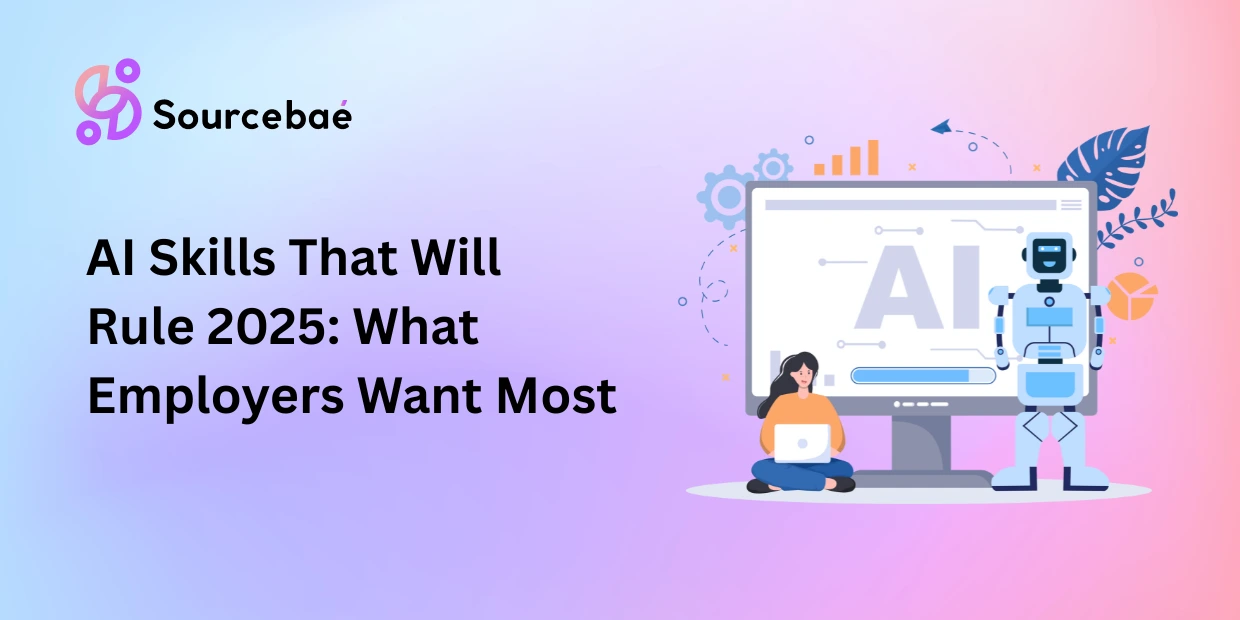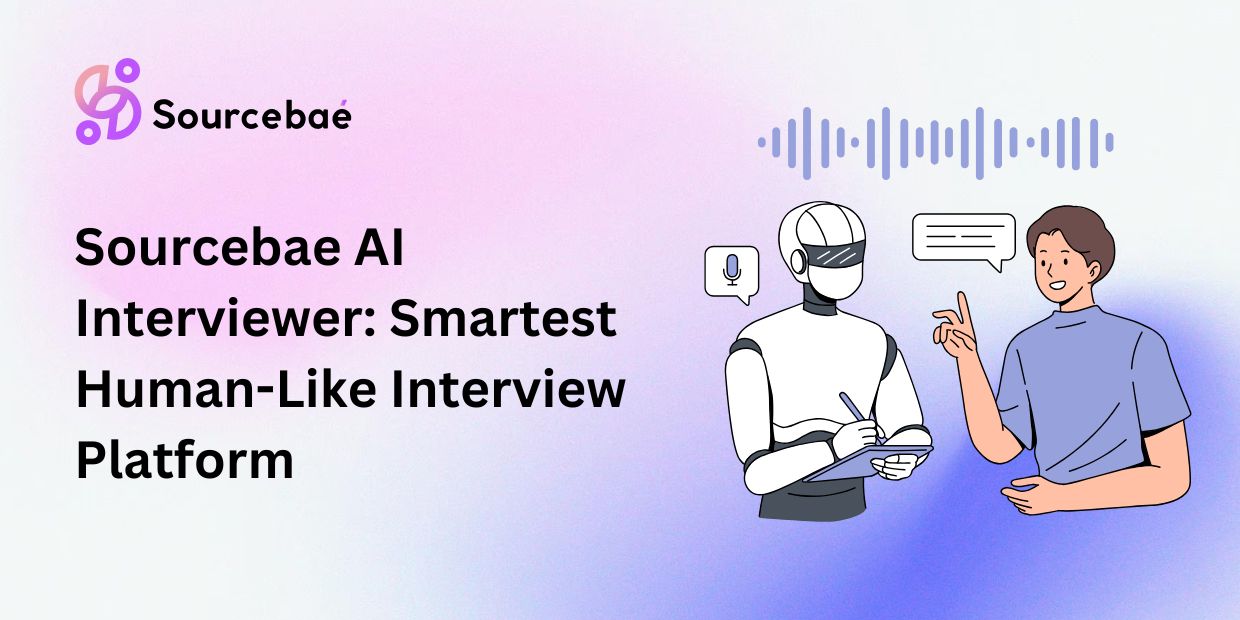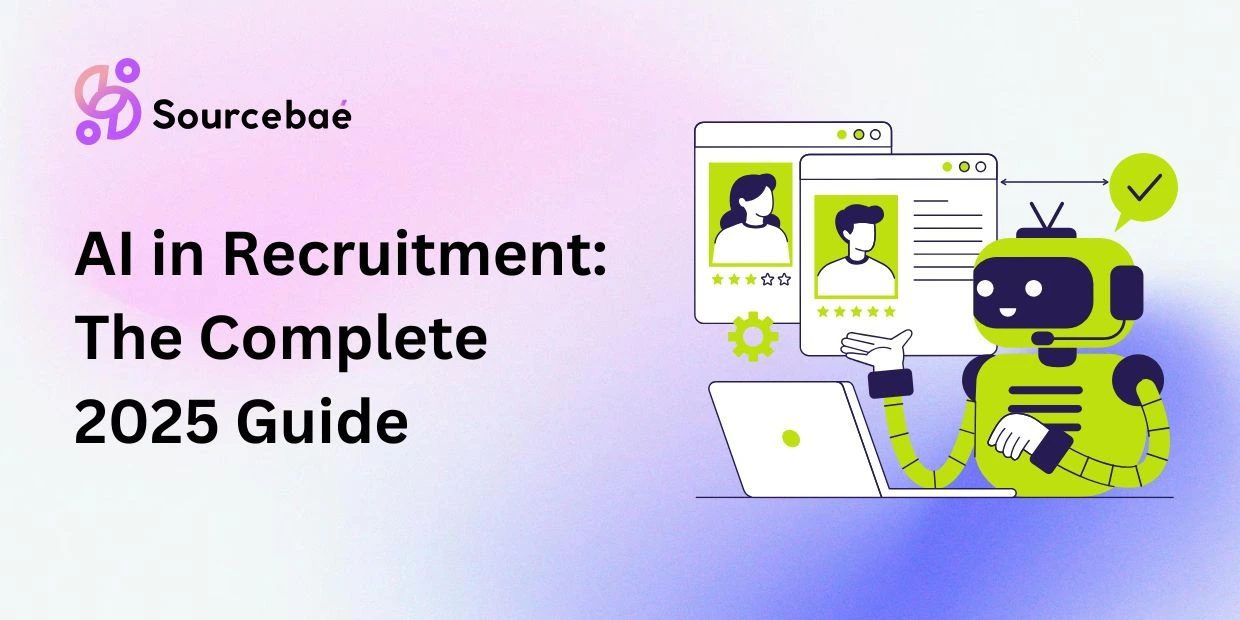In today’s rapidly evolving technological landscape, the convergence of artificial intelligence (AI) and cloud computing has emerged as a powerful force, driving unprecedented advancements across various industries.
The Role of AI in Cloud Computing is transforming the way businesses operate, the way data is managed, and the way innovation thrives.
This article delves deep into the symbiotic relationship between AI and cloud computing, highlighting their collaborative potential and showcasing real-world implications.
The Synergy Unveiled: How AI Enhances Cloud Computing
AI and cloud computing, two groundbreaking technologies, are proving that they are greater than the sum of their parts when combined. Here’s how they interact to reshape the digital landscape:
Leveraging AI for Enhanced Data Analysis and Insights
Artificial intelligence thrives on data, and cloud computing provides the perfect infrastructure for storing and processing vast amounts of data. By utilizing AI algorithms on cloud platforms, businesses can extract valuable insights from their data, enabling informed decision-making and predictive analytics. This synergy accelerates innovation, enabling businesses to identify trends, optimize processes, and deliver tailored experiences to customers.
Cloud-Based Machine Learning: Democratizing AI
The marriage of cloud computing and AI has democratized access to sophisticated machine learning tools. Cloud platforms offer scalable resources and ready-to-use frameworks that empower developers and data scientists to create and deploy machine learning models without the burden of managing complex infrastructure. This democratization accelerates AI adoption across industries, from healthcare to finance.
AI-Driven Automation in Cloud Management
Managing cloud resources efficiently is essential for optimal performance and cost savings. AI-driven automation simplifies this task by analyzing usage patterns, predicting resource demands, and optimizing resource allocation. As a result, businesses can scale their operations seamlessly, responding to changing demands while optimizing costs.
Personalized User Experiences through AI
In the age of personalization, AI-powered cloud applications deliver tailored experiences to users. By analyzing user behavior and preferences, AI algorithms can recommend relevant content, products, or services, enhancing engagement and satisfaction. This level of personalization drives customer loyalty and business growth.
Transforming Industries: Real-World Applications
The role of AI in cloud computing isn’t just theoretical—it’s revolutionizing industries across the board. Here are some remarkable examples:
Healthcare: Revolutionizing Diagnostics
AI algorithms, when deployed on cloud platforms, can process and analyze medical images with unparalleled accuracy. This enables early and accurate disease diagnosis, expediting patient care and saving lives. Furthermore, cloud-based AI solutions facilitate secure data sharing among healthcare professionals, fostering collaboration and research.
Finance: Fraud Detection and Risk Assessment
Financial institutions harness the power of AI and cloud computing to detect fraudulent activities in real time. By analyzing transaction patterns and historical data, AI models can identify anomalies and potential threats. The cloud’s scalability ensures that these models can adapt to evolving fraud tactics.
Manufacturing: Optimizing Production Lines
AI-powered sensors on manufacturing equipment collect data, which is then sent to cloud platforms for analysis. Manufacturers gain insights into equipment performance, predictive maintenance needs, and process optimization. This synergy minimizes downtime, reduces costs, and improves overall efficiency.
Entertainment: Personalized Content Recommendations
Streaming services leverage AI algorithms on the cloud to analyze viewers’ preferences and viewing habits. This enables accurate content recommendations, keeping users engaged and satisfied. As a result, these platforms can retain subscribers and increase revenue.
Role of AI in Cloud Computing: Exploring Ethical Considerations
While the role of AI in cloud computing promises remarkable benefits, it also raises important ethical considerations. As AI algorithms make decisions based on data, biases present in the data can lead to biased outcomes. It’s crucial to ensure that AI systems are trained on diverse and representative datasets to avoid perpetuating biases.
FAQs:
How does AI complement cloud computing?
AI enhances cloud computing by providing advanced data analysis, machine learning tools, automation, and personalized user experiences.
Can AI-powered applications run without cloud resources?
AI-powered applications can run locally, but leveraging cloud resources enhances scalability, accessibility, and resource efficiency.
What challenges does the convergence of AI and cloud computing pose?
Challenges include data privacy concerns, potential biases in AI algorithms, and the need for skilled professionals capable of managing both AI and cloud technologies.
How is the healthcare sector benefiting from AI and cloud integration?
Healthcare benefits from improved diagnostics, secure data sharing, and collaboration among professionals, ultimately leading to better patient care.
What industries have seen transformative changes from this synergy?
Industries like finance, manufacturing, entertainment, and more have witnessed transformative changes in fraud detection, production optimization, personalized content delivery, and beyond.
What is the significance of ethical considerations in AI and cloud integration?
Ethical considerations are paramount to prevent biases and ensure fair and responsible AI outcomes, safeguarding against unintended consequences.
Conclusion: Embracing a Future of Innovation
The symbiotic relationship between AI and cloud computing is rewriting the rules of innovation and efficiency.
As businesses and individuals continue to tap into the potential of this convergence, it’s essential to prioritize ethical practices and ensure that AI serves as a force for positive change.
The role of AI in cloud computing is not just a technological feat; it’s a journey towards a future where smart machines and human ingenuity harmoniously coexist, creating a world of endless possibilities.






